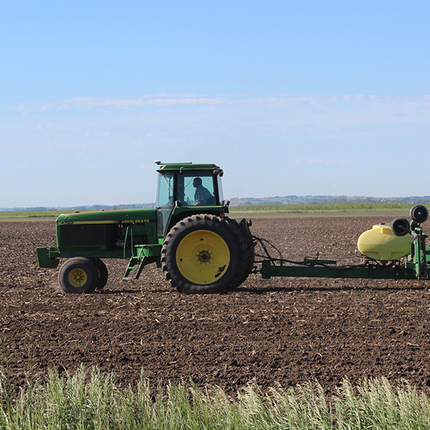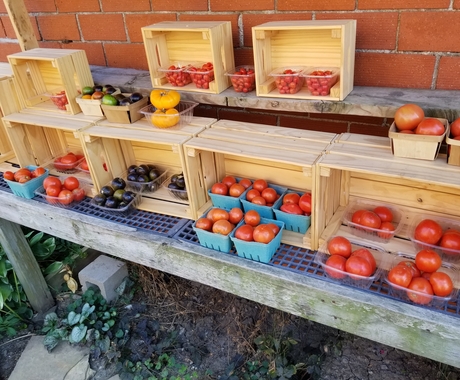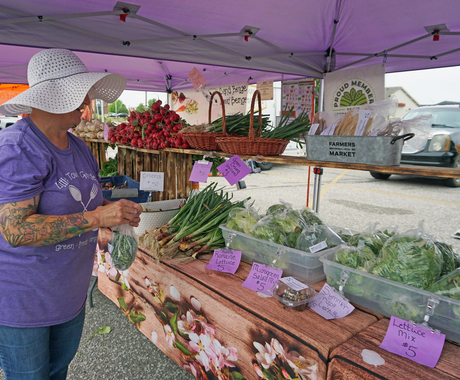Are you one of the many farmers without an identified farm successor? Purdue University says that's around 75 percent, and about half expect nonfamily members to take over. A gradual shift of responsibilities and ownership, plus an extended mentoring period, can help ensure the continued success of the farm business.
After checking out a candidate's experience and references, a short trial period with paid labor can be a good step. This probationary period can help both of you assess how well you work together, how your daily priorities match up, and how you deal with setbacks.
A phased transition plan can follow, based on the goals and capabilities of you and your successor. Responsibilities for farm decisions and management can be shifted gradually or by specific enterprises. Critical elements may be held for later, while new enterprises conceived by the new farmer could be her or his full responsibility and ownership right away.
A written transition plan can ensure that timing and responsibilities are clear. A five-year plan for major progress will tell you if it's working.
A new farmer will benefit from your knowledge of your land and from your experience in the business. Remaining a minority partner or a mentor gives access to your valuable advice. However, there are no guarantees of the farm business surviving the transfer, or indeed, from any year to the next under your control. You have gained skills and have built a business to withstand financial, weather, and market risks. But your successor will be operating in a world with a market and regulatory climate that differs from when you farmed. You have to be prepared to accept that decisions will be made that would not match yours.
The Center for Rural Affairs has resources for retiring and beginning farmers here.
Check out another blog by Wyatt, "When should farmers retire?"




